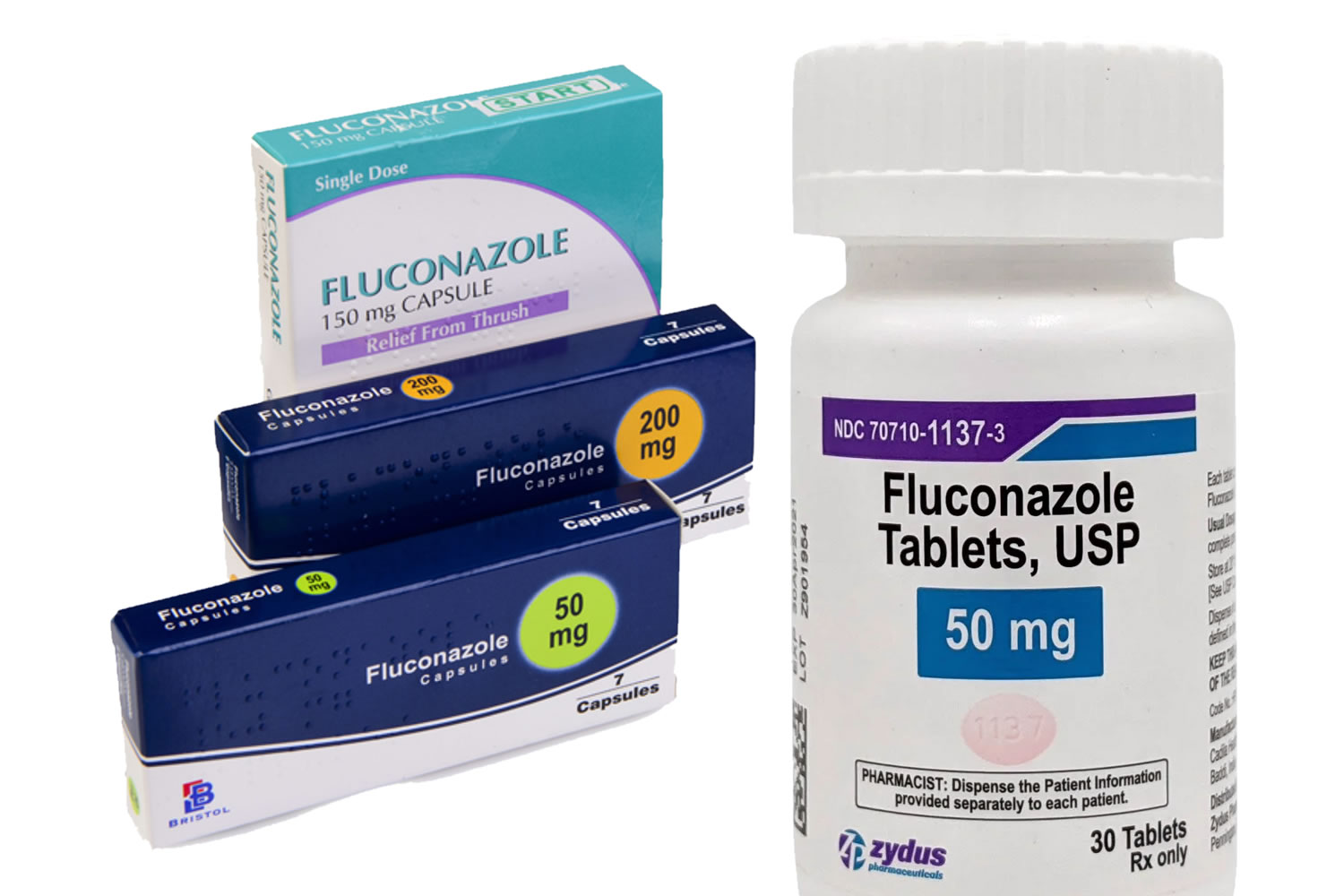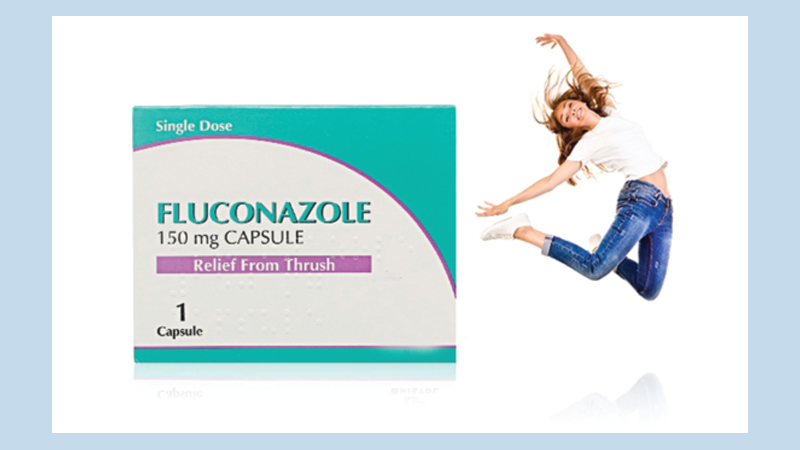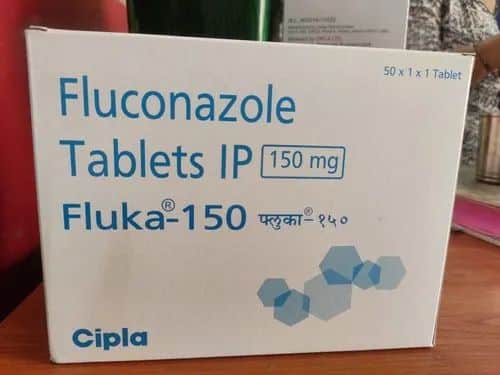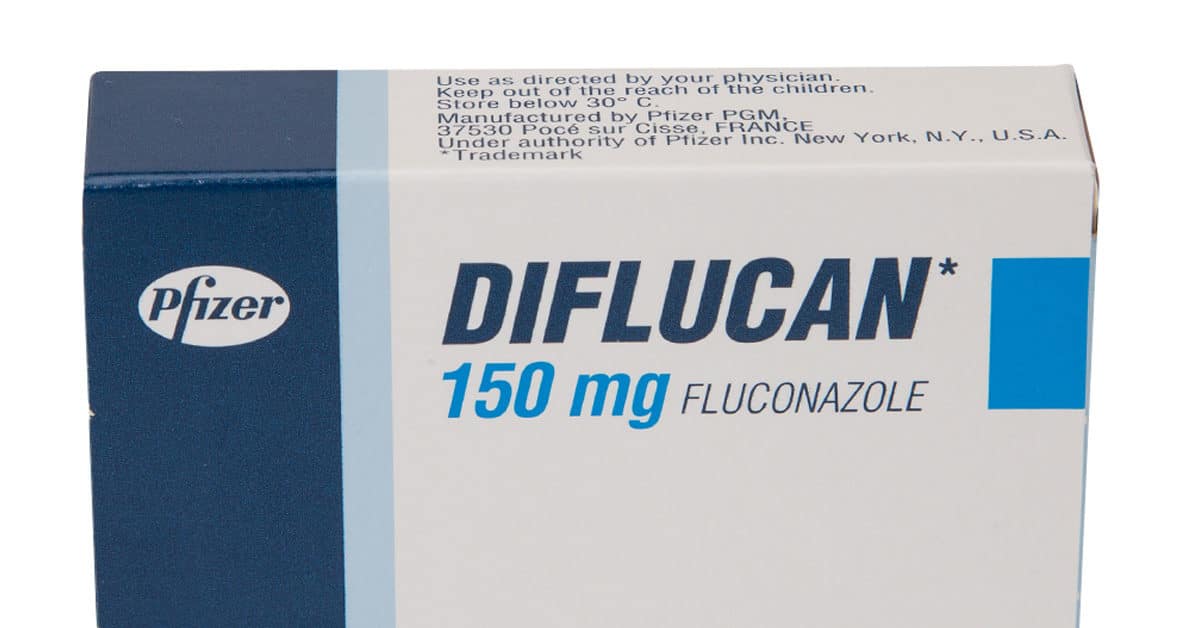how to use fluconazole for yeast infection Fluconazole diflucan usp commande idstewardship
Having a yeast infection can be uncomfortable and frustrating, but there are effective treatments available, such as fluconazole. In this post, we will provide you with all the information you need to know about fluconazole for yeast infections.
What is Fluconazole?
Fluconazole is an antifungal medication that is commonly used to treat yeast infections. It belongs to a class of drugs called triazole antifungals, which work by stopping the growth of fungi. Fluconazole is available in tablet form and is typically taken orally.
 How Does Fluconazole Work for Yeast Infections?
How Does Fluconazole Work for Yeast Infections?
Fluconazole works by inhibiting the production of ergosterol, a key component of the cell membrane of fungi. By disrupting the cell membrane, fluconazole kills the fungus and helps to relieve the symptoms of the infection.
Fluconazole is highly effective against various types of yeast, including Candida albicans, which is the most common cause of yeast infections in humans.
 How to Take Fluconazole for Yeast Infections?
How to Take Fluconazole for Yeast Infections?
The dosage and duration of fluconazole treatment may vary depending on the severity and location of the infection. It is important to follow your healthcare provider’s instructions and the instructions provided with the medication.
Typically, fluconazole is taken as a single dose or as multiple doses over a specific period of time. The exact dosage will be determined by your healthcare provider based on your individual circumstances.
Possible Side Effects of Fluconazole
Like any medication, fluconazole can cause side effects. Common side effects include nausea, abdominal pain, diarrhea, and headache. Serious side effects are rare, but they can occur. If you experience any severe side effects or allergic reactions, such as rash, hives, or difficulty breathing, seek medical attention immediately.
It is important to note that fluconazole may interact with certain medications, such as blood thinners, heart medications, and certain antibiotics. Therefore, it is important to inform your healthcare provider about all the medications you are currently taking before starting fluconazole treatment.
Fluconazole is generally well-tolerated and has been used safely for many years to treat yeast infections. However, if you are pregnant or breastfeeding, it is important to consult with your healthcare provider before taking fluconazole.
Conclusion
Fluconazole is a highly effective antifungal medication commonly used to treat yeast infections. It works by inhibiting the growth of fungi, relieving the symptoms of the infection.
If you suspect you have a yeast infection, it is always best to consult with a healthcare provider for an accurate diagnosis and appropriate treatment. They will determine if fluconazole is the right treatment option for you and provide you with the necessary guidance.
Remember, self-diagnosis and self-medication are not recommended, as it is important to have a healthcare professional evaluate your symptoms and provide appropriate care.
If you are looking for Can Fluconazole Treat Yeast Infection - InfectionTalk.net you’ve visit to the right place. We have 5 Images about Can Fluconazole Treat Yeast Infection - InfectionTalk.net like Fluconazole, How To Take Fluconazole 200 Mg For Yeast Infection - WLGRE and also How To Take Fluconazole 200 Mg For Yeast Infection - WLGRE. Here you go:
Can Fluconazole Treat Yeast Infection - InfectionTalk.net
 www.infectiontalk.netFluconazole
www.infectiontalk.netFluconazole
 www.idstewardship.comfluconazole diflucan usp commande idstewardship
www.idstewardship.comfluconazole diflucan usp commande idstewardship
How To Take Fluconazole 200 Mg For Yeast Infection - WLGRE
 wlgre.blogspot.comfluconazole yeast theindependentbd defects
wlgre.blogspot.comfluconazole yeast theindependentbd defects
Diflucan: Dosage, Side Effects, And Natural Alternatives
 www.thecandidadiet.comdiflucan fluconazole dosage antifungal effects side infection yeast candida alternatives natural prescription
www.thecandidadiet.comdiflucan fluconazole dosage antifungal effects side infection yeast candida alternatives natural prescription
Fluconazole Yeast Infection: Uses, Dosages, Side Effects, And More
 doctoralexa.comFluconazole yeast infection: uses, dosages, side effects, and more. Diflucan: dosage, side effects, and natural alternatives. Can fluconazole treat yeast infection
doctoralexa.comFluconazole yeast infection: uses, dosages, side effects, and more. Diflucan: dosage, side effects, and natural alternatives. Can fluconazole treat yeast infection